Down Payment 101: How Much Money Do I Need to Buy a House?

Buying a home is one of life's major expenses. That's why most people borrow money in the form of a mortgage. A mortgage is a long-term loan for the total cost of the property.
Mortgages usually require a down payment. A down payment is money you pay upfront to get the loan. Your down payment is subtracted from the total cost of the mortgage. It's your first piece of equity in the home.
Saving for a down payment is a major effort. Most potential homebuyers site the down payment as the biggest obstacle to homeownership. Your down payment, credit score, debt, income, and credit history influence your qualification.
A common myth is that you need 20 percent of the mortgage for a down payment. While a 20 percent down payment is ideal, it isn't common. According to the National Association of Realtors, the median down payment for first-time buyers is 6 percent. The average down payment for repeat buyers was 14 percent. Sometimes, a down payment isn't even necessary.
So, how much cash do you need to buy a house? Keep reading to learn what you need to know before you buy a home.
Why is a 20 Percent Down Payment Favorable?
The truth a down payment between 3 and 20 percent of the home's sale price qualifies for a conventional loan. A conventional mortgage is a 30-year fixed loan. But, there are benefits to putting 20 percent down on a conventional mortgage.
First, you'll make your lender happy. That improves your chances for a loan approval. Plus, if you can afford the big down payment you:
- Won't Have to Pay Private Mortgage Insurance (PMI)
- May Qualify for a Lower Interest Rate
- Have a Lower Monthly Mortgage Payment (because you borrow less)
Saving up a large down payment is a challenge for first-time home buyers. In the Seattle housing market you can do more harm than good by postponing when you buy, because of Seattle's rapid housing appreciation. It's important to note the money you invest in your home won't be available for other expenses. And, the down payment isn't your only upfront fee. You'll also have to pay closing costs.
Next, let's look at mortgage options with lower down payments.
Low or No Down Payment Options
Most banks and lenders want 20 percent down. You can find government programs that need a lot less. A government-backed loan is subsidized by the government. It protects lenders against defaults. That guarantee makes it possible for lenders to offer lower interest rates.
Federal Housing Administration
A Federal Housing Administration (FHA) loan accepts a 3.5 percent down payment. FHA loans have lower credit score requirements. Some allow higher debt-to-income ratios (if you have a better credit score). This helps people who don't qualify for a conventional loan to get a mortgage. But, buyers have to pay mortgage insurance to protect the lender in case you default on the loan. The insurance costs 1.75 percent of the mortgage amount. There's also an annual premium of 00.85 percent of the mortgage. If you borrow $100,000 the premium amounts to $850 per year or $70.83 each month.
Federal National Mortgage Association
The government sponsors mortgages through the Federal National Mortgage Association, aka Fannie Mae. Two popular Fannie Mae loans are the Conventional 97 and the HomeReady mortgages. Both have a minimum down payment of 3 percent.
Conventional 97 mortgages are for creditworthy people who don't have a large down payment. The HomeReady program is for low- and moderate-income borrowers. These loans finance homes in a minority, low-income, and disaster-impacted locations.
Department of Veterans Affairs
The Department of Veterans Affairs offers zero down payment programs. These are for active or retired service members. Some members of the National Guard and Reserves are eligible.
Private lenders originate the loans. The VA guarantees them. Mortgage insurance isn't required. The borrower must pay a funding fee, unless they have a disability rating issued by the VA. The Funding Fee can be rolled into the mortgage amount so you don't need to pay anything out of pocket.
Funding fees for purchase and construction loans vary. It depends on the size of the down payment, and where the borrower serves or served. Fees are different for regular military, Reserves or National Guard. The fee amount also varies based on if it's the veteran's first VA loan or not. The funding fee is between 1.25 and 3.3 percent.
An eligible veteran who served in the military can make no down payment and pay a 2.15 percent funding fee that is tacked onto the end of the loan. Vets who qualify via service in the Reserves or National Guard pay a 2.4 percent funding fee for a first-time loan.
It's important to shop for the best home loan mortgage rate to keep your total costs as low as possible.
United States Department of Agriculture (USDA)
The Department of Agriculture has zero down payment loans. They're offered through their Rural Development mortgage guarantee program. This popular program sometimes exhausts its funds before the end of the fiscal year so it's best to act fast if you're considering this as a mortgage option.The Rural Development loans aren't restricted to farmland. The U.S. Department of Agriculture has a map with eligible areas on their website. You can type in your address to see if your location qualifies.
The USDA loan program helps lenders provide opportunities to low- and moderate-income households. Borrowers can own safe, clean, adequate homes in rural areas. The house must be a primary residence. Applicants can build, rehab, improve or relocate a dwelling.
There are restrictions on household income for eligibility. The program focuses on first-time buyers, but there are some exceptions. The Rural Development program guarantees 90% of the loan note for approved lenders.
The mortgage comes from an approved bank. Mortgage insurance isn't needed since the USDA guarantees 90% of the loan. Instead, the USDA charges a 1 percent upfront guarantee fee. You can roll the fee into the loan. There is a separate annual fee that's 0.35 percent of the loan balance, similar to FHA's recurring monthly fee.
Low Down Payment with Private Mortgage Insurance
If you're qualified, you can make a low down payment and buy private mortgage insurance (PMI). The PMI costs are usually less than FHA mortgage insurance. But, PMI has stricter requirements regarding your credit.
This option lets you cancel private mortgage insurance once your balance is under 78 percent of the home's value and you have made a minimum of 24 on-time mortgage payments. You can't do that with FHA insurance unless you refinance with a non-FHA loan.
Ask every lender about down payment options. Some commercial lenders have low and no down payment loans. Remember, if you pay less upfront your loan can be more expensive. That's because you'll pay more interest and fees over the life of the loan. The trade off is you get your foot in the door on home appreciation which will typically outweigh the added cost of a low down mortgage.
Jumbo Mortgages
Due to rising home prices, you may find the home you want costs more than the loan amount allowed by a government-backed program. A Jumbo Mortgage could be the answer to financing your new home.
The maximum amount for a jumbo loan varies by lender. Some loans go up to 2 million while others go up to 10 million. The borrower can get a fixed-rate or adjustable-rate jumbo mortgage. There are some term options based on credit scores. Primary and secondary homes and investment properties are eligible for Jumbo Mortgages. Some jumbo loans offer same-day closings.
There are stricter guidelines for jumbo lenders. This is because the loans aren't backed by a government program. That makes the loans riskier for the lender.
Approval for a Jumbo Mortgage depends on a larger income, higher credit score, and savings available after the down payment.
More Than 20% Down Payment
Is there a time when putting more than 20% down is better? As always, it depends on your financial situation.
As mentioned earlier, more money down should result in a better interest rate. Another benefit is you borrow less money. A smaller loan translates into fewer interest payments over the life of the loan.
Yet, it's important to weigh all the factors. If you don't put extra money towards your down payment, can it earn a higher return elsewhere? It might more sense to invest your money where it can grow and be profitable. Do you have high-interest debt from credit cards? You should consider paying down that debt instead because a mortgage is one of the cheapest ways to borrow money.
When to Pay All Cash
It's surprising how often people make all-cash offers on homes. It's common in competitive home markets like Seattle, San Francisco, and New York City. If you're in a hurry to move and have the money, an all-cash offer may get you the house you want.
But is 100% down the best idea? Even if you have the cash, consider the real cost of an all-cash deal. Ask yourself:
- Can your money earn more in another investment, like stocks?
- If real estate prices drop you could have a house that's depreciated in value.
- If you'll sell the home in a few years, is a mortgage better than paying the entire cost up front?
If you put 100% down, you'll have equity in the home. You won't owe anything to the bank. But, you'll be at greater risk than if you chose a standard down payment amount.
What's the Right Down Payment for You?
Should you put down 20 percent or 3 percent? How about zero down? It may not be as easy a decision as you think.
If you choose a low down payment the bank considers you a bigger risk. If you can't raise money for a bigger down payment, maybe you won't pay your loan. That's why the lender will look for a government program to guarantee part of the loan.
But, you pay for the guarantee. The guarantee is also known as mortgage insurance and fees. As mentioned above, you may pay an upfront fee and an annual fee. The fees are part of your mortgage payment, so you may be okay with the trade off.
Some programs don't need mortgage insurance. But, they do charge an upfront guarantee or funding fee. Any fee costs you money.
The worst part is the higher interest rates. A buyer who's considered a risk pays higher interest rates for the life of the loan. That's on top of any insurance or annual fees.
So, while a low down payment is appealing, you must consider all the charges. If you wait until you can afford a large down payment you cut other fees and reduce your interest rate. Or, you may want to get in your home and start building equity right away. After a few years, you may be ready to refinance for better terms. Most first time home buyers will use a guaranteed loan like FHA to purchase in a high cost area, like Seattle. They then allow the housing market to create the equity and refinance when they have hit the 20% mark.
All lenders must disclose every fee. It's the law. Get information from multiple banks and lenders. Then, determine the best deal for your situation. Research and comparison shopping can save you thousands of dollars.
Your down payment is the first step in a long process. Make sure you get a monthly payment you can live with for the length of your loan.
Save Money for Expenses After The Closing
A focus on down payments makes it easy to forget to set aside money for a financial cushion. Financial advisers suggest you have three months mortgage payments in your savings account.
It's appealing to put all your savings towards a down payment, but that can be short-sighted. If you have an emergency like a work layoff or damage to your home, you'll be at risk.
Consult a professional mortgage broker to plan your budget and down payment. You need to plan for monthly mortgage payments, taxes, utilities, and maintenance.
How Much Cash Do You Need to Buy a House?
When you ask yourself how much cash do you need to buy a house, take all of these factors into account. Consider the amount of debt and other expenses you can afford. It's important to remember that the down payment is the starting line.
The best thing you can do when considering a mortgage is to talk to experts. The pros at Seattle Mortgage Brokers (SMB) can secure the best rate and lending options.
If you need help securing a mortgage, contact Seattle's Best Mortgage Company today. Every Washington resident deserves to own their dream home at an affordable price. We'll help you get a home loan fast.
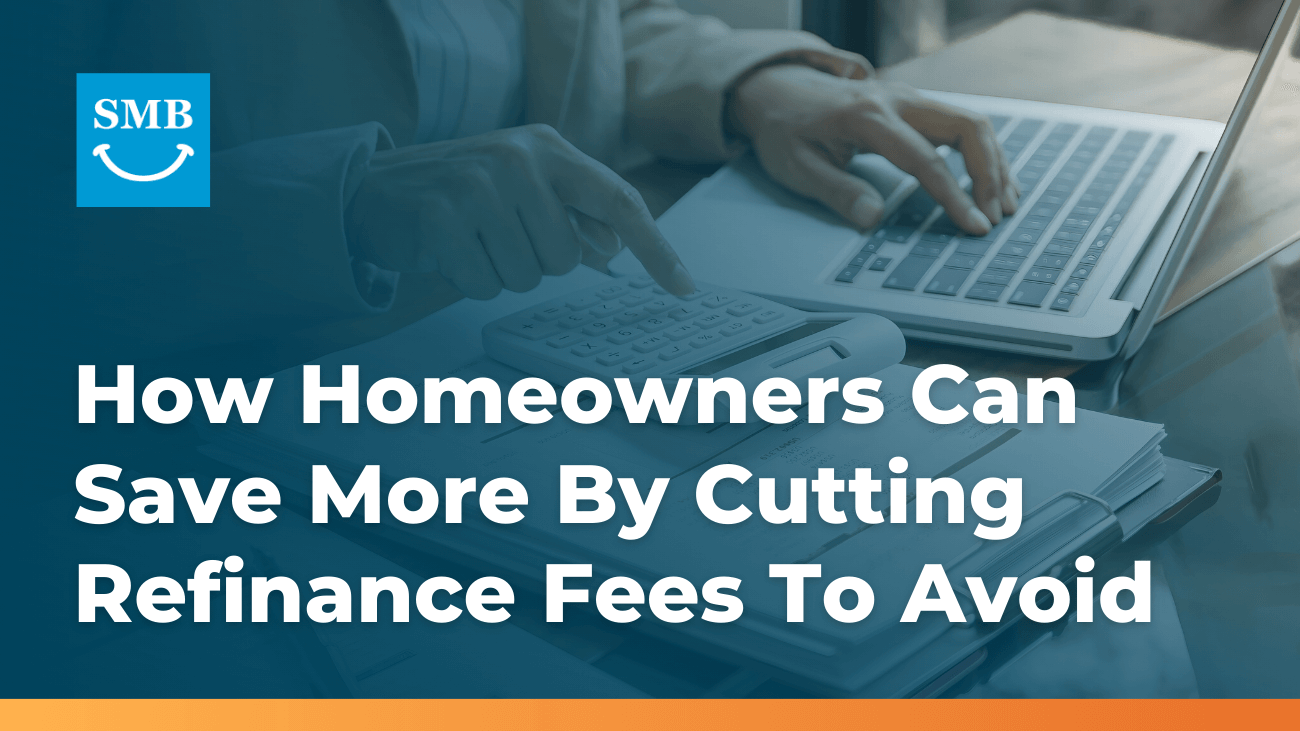
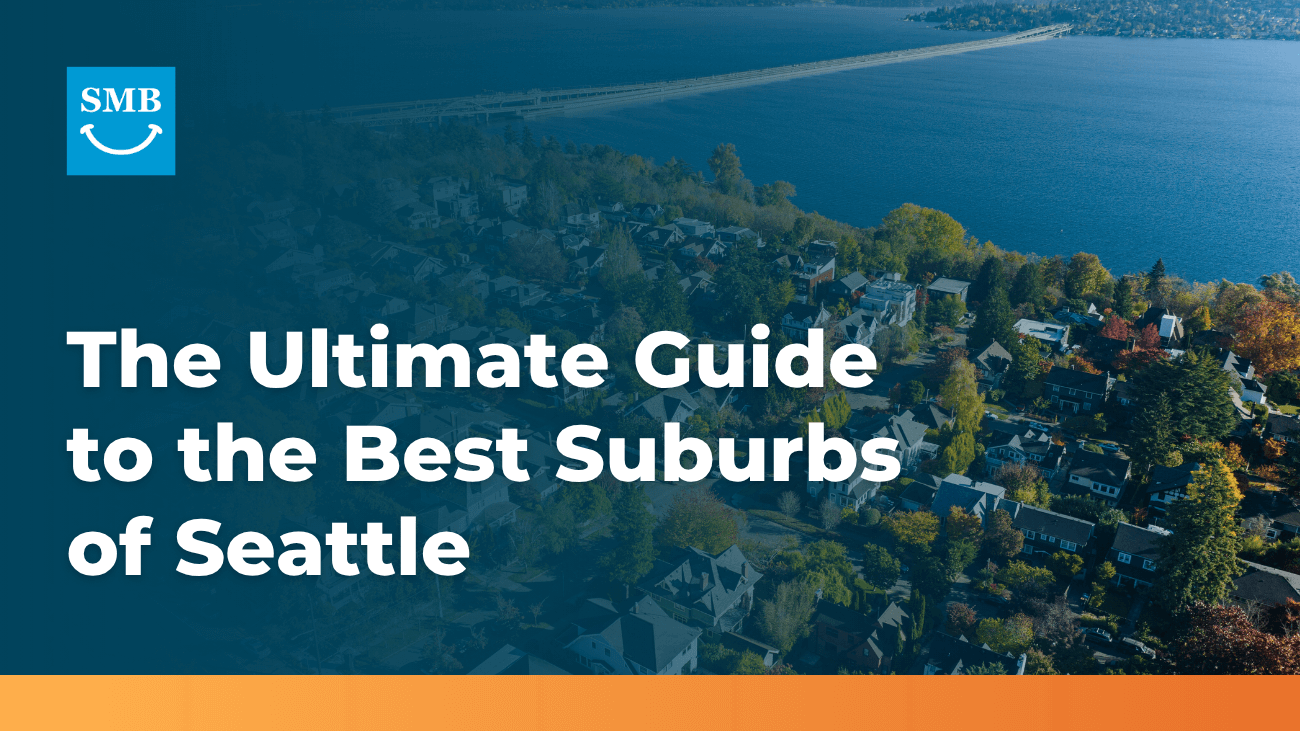
The Ultimate Guide to the Best Suburbs of Seattle
Should You Use a Mortgage Broker? Everything You Need to Know First
How to Find the Right Neighborhoods in Seattle for Your Budget and Lifestyle

Warrantable vs. Non-Warrantable Condos: What Every Buyer Needs to Know Before Financing

How Much Does It Cost to Refinance a Mortgage in Seattle? A Homeowner’s Guide
.png)
How Often Can You Refinance Your Home?
.png)
The Complete Guide to For Sale By Owner (FSBO) in Seattle

10 Questions Every Seattle First-Time Home Buyer Asks

What is a Non-Warrantable Condo?

Ultimate Seattle Mortgage Loan Documents Checklist
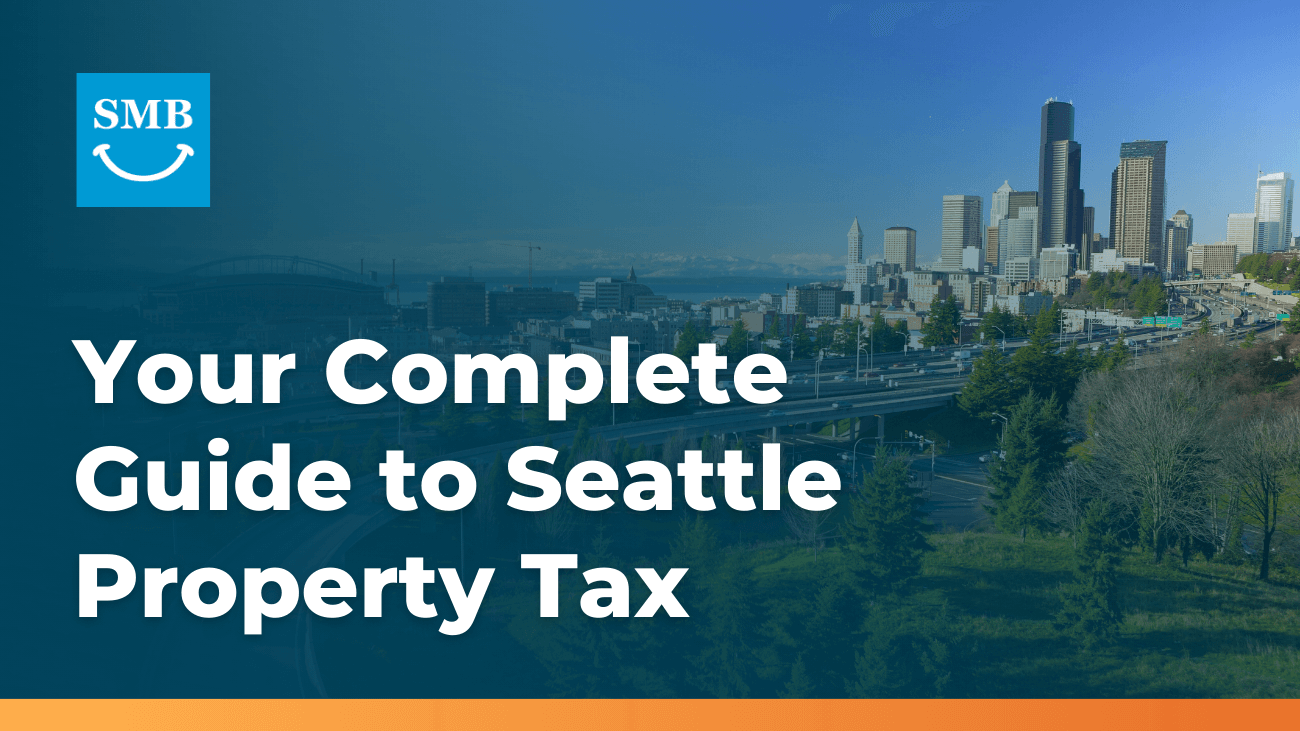
Your Complete Guide to Seattle Property Tax

Why You Should Work with a Mortgage Broker

Where to Find the Best Local Mortgage Broker

Where Are The Best Places To Live In Seattle?

What’s the Best Way to Save Money for a House in Seattle?

When is the Best Time to Refinance a Home?

What is the Jumbo Loan Limit in Seattle 2020?

What You Need to Buy a House in Seattle

What Is a Jumbo Loan and will you need one when moving to Seattle?

What is the Jumbo Loan Limit in Seattle?

What Is A Non-Warrantable Condo?

What is the Best Down Payment Amount on a House in Seattle?

What is PMI Mortgage Insurance? And Why It Is Not As Bad As You Think

What Is A Cash-Out Refinance?

What do Home Loan Underwriters Look For?

What Down Payment Do I Need for a House?

What Are The Costs of Buying a Home?

What Are The Best Neighborhoods In Seattle For Families?

FAQ: What Are the VA Home Loan Requirements?

WEST SEATTLE JUNCTION ; Seattle Neighborhood Tour

What are RSUs and How to Spend Them

Understanding Mortgage Down Payments

Top 5 Seattle Suburbs to Buy In 2021

Understanding Down Payments in Seattle

The Ultimate Mortgage Document Checklist
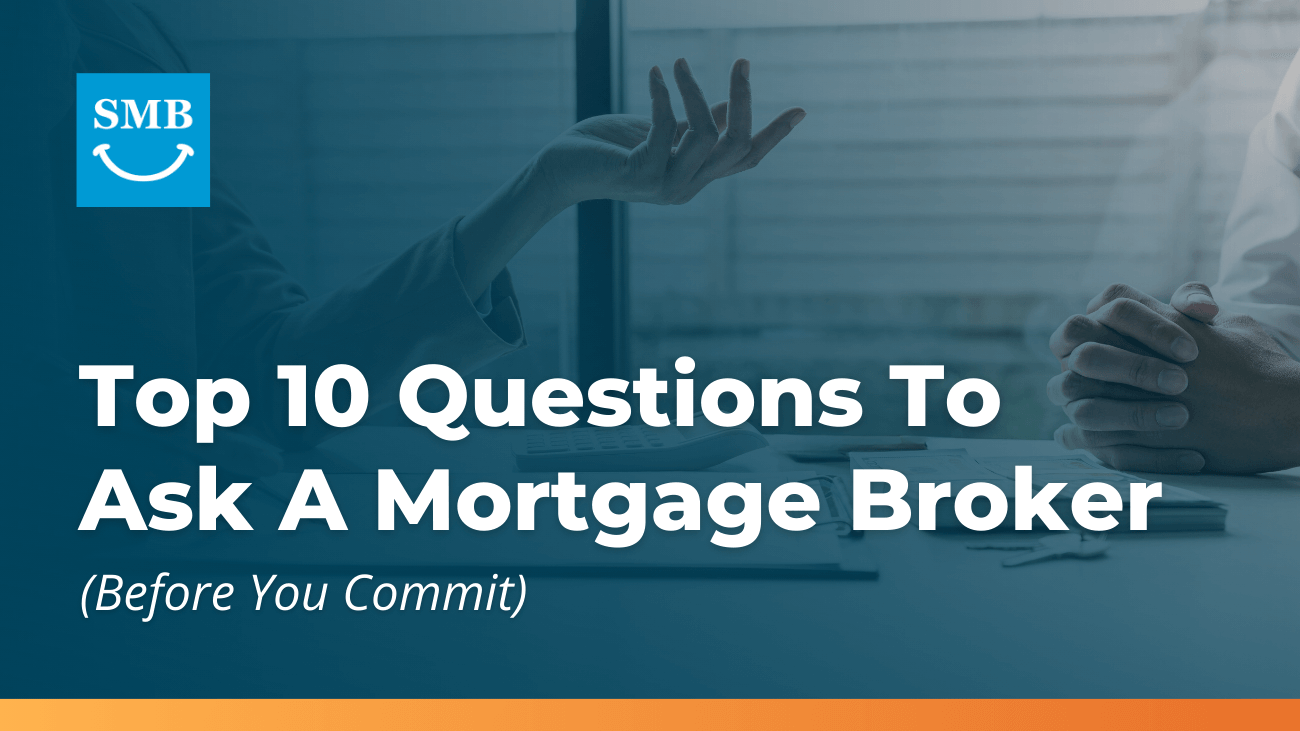
Top 10 Questions To Ask A Mortgage Broker (Before You Commit)

The Worst First-Time Homebuyer Mistakes

The Top 5 Seattle Suburbs for 2020

The Best Seattle Neighborhoods in 2020

How to Find the Best Mortgage Refinance Companies in Seattle

The Best Seattle Neighborhoods for Families

The Best Neighborhoods in Seattle to Buy a Home

The 7 Best Seattle Suburbs for Families

Seattle Neighborhood Guide: The Top 10 Most Affordable Places To Live In Seattle

SOUTH LAKE UNION ; Seattle Neighborhood Tour

Seattle Summer Housing Market Guide 2020

Seattle Housing Market Update 2020

Seattle Housing Market Hacks

Save Money When Buying a House in Seattle

Save Money on Your Mortgage Refinance

Moving to Seattle with a Family? Here's the BEST Suburbs For You!

Refinancing To Reduce Your Bills and Increase Available Cash

Neighborhoods in Seattle to Buy a Home 2020

Real Estate Trends in Seattle

Mortgage Down Payments in Seattle

MAGNOLIA ; Seattle Neighborhood Tour

Mistakes to Avoid with Cash-Out Refinance

How to Refinance Your Home in 9 Steps

Jumbo Loan Limit vs Conforming Loan Limit in Seattle for 2021

KIRKLAND ; Seattle Neighborhood Tour

Jumbo Loan Limit in Seattle for 2021

ISSAQUAH ; Seattle Neighborhood Tour

Is My Credit Score Good Enough to Buy a House?

How to Buy a House; Home Buying 101

How to Lower Your Monthly Mortgage Payment

How to Get the Best Rate for Your Home Loan

How to Buy a House for Less

How Much Home Can I Buy in Seattle?
How Much Do You Really Need for a Down Payment in Seattle?

How Much Home Can I Afford?

Home Price Forecast for Seattle 2020

How Hot is the Seattle Real Estate Market?

How Hot is the Seattle Real Estate Market in 2022?

Home Inspection Questions You Need to Ask

Do You Need a Realtor to Buy a House in Seattle?

FHA vs. Conventional Loan: Which Mortgage Is Right for You?

Find the Best Mortgage Lender for Your Home Loan

Federal Housing Administration Loans 2021

Down Payment Requirements in Seattle

FACTORIA and SOMERSET ; Bellevue Neighborhood Tour

Everything you Need to Know About Seattle Jumbo Mortgages

Everything You Need to Know About VA Loans

Advice To A First Time Home Buyer: Down Payment Assistance Programs Exist for Millennials

CROSSROADS ; Bellevue Neighborhood Tour

Down Payment 101: How Much Money Do I Need to Buy a House?

COVID-19 Mortgage Help for Homeowners

Comparing ARM vs. Fixed Rate Mortgage

Can I Afford To Buy A Home In Seattle?

Choosing the Best Lenders for Home Loans
How to Use Restricted Stock Units to Buy a Home in Seattle

ARM v. Fixed Mortgage: Which is Right For You?

Ballard or Queen Anne? The Best Neighborhoods of Seattle to Buy a House

Avoiding the Worst Seattle Mortgage Lenders

Are You Buying a House in Seattle? Here’s the Ultimate Survival Guide
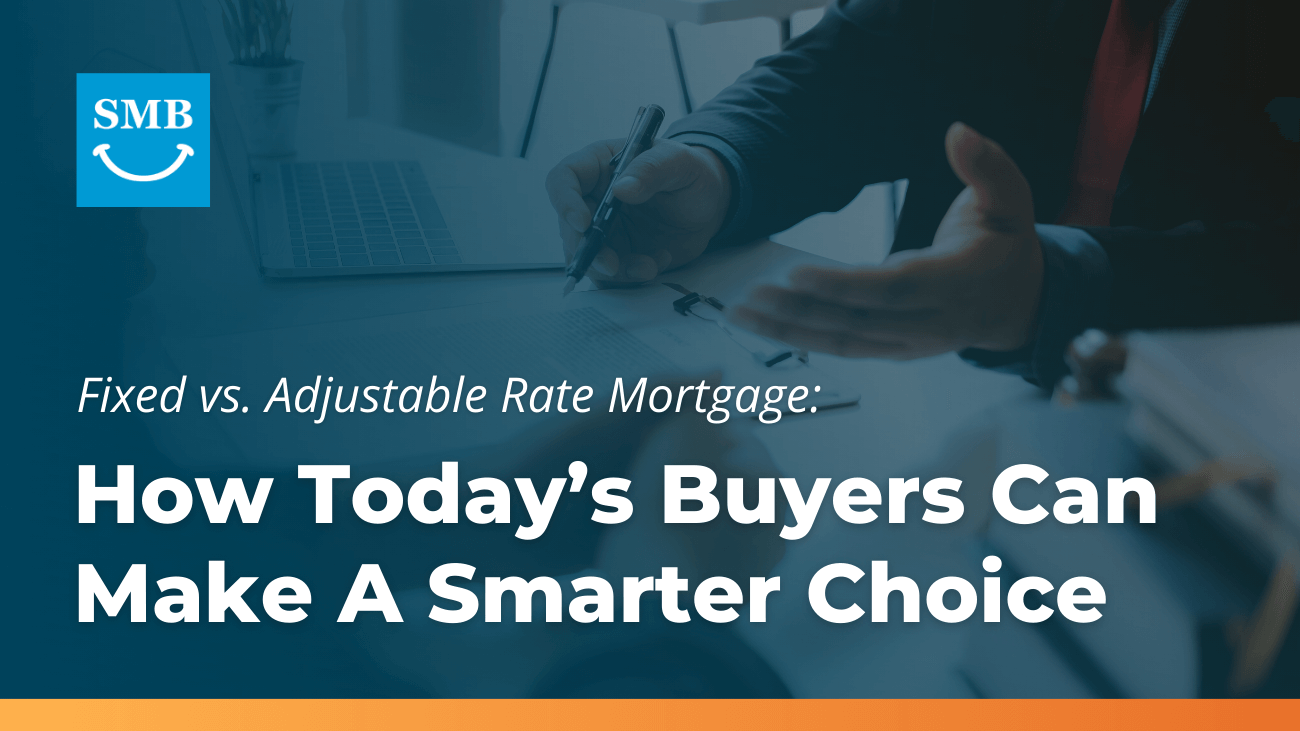
Fixed vs. Adjustable Rate Mortgage: How Today’s Buyers Can Make A Smarter Choice

ALKI BEACH ;; A Seattle Neighborhood Tour

A Complete Guide to Refinancing Your Home Loan

8 Ways to Lower Your Mortgage Payment


















